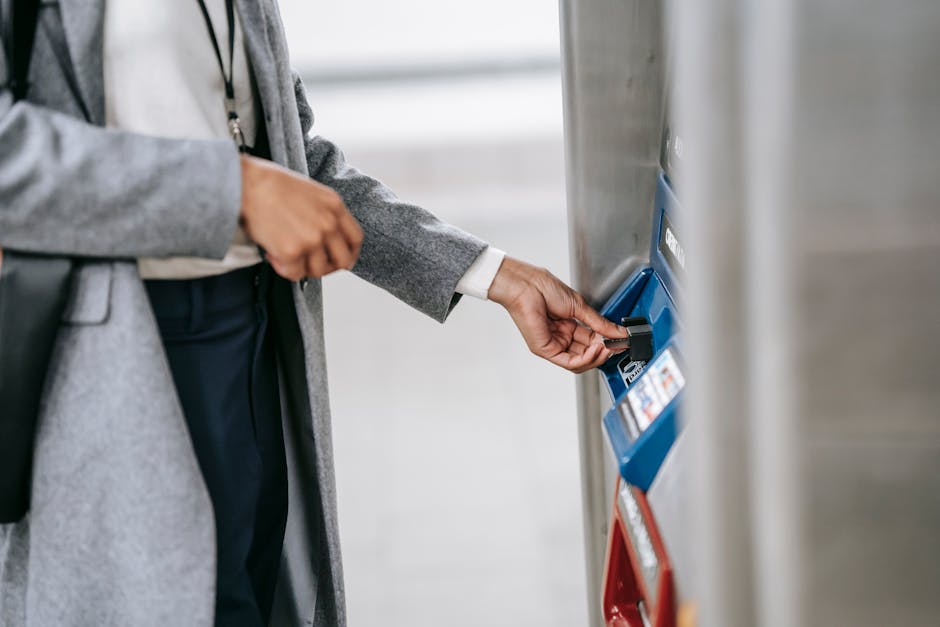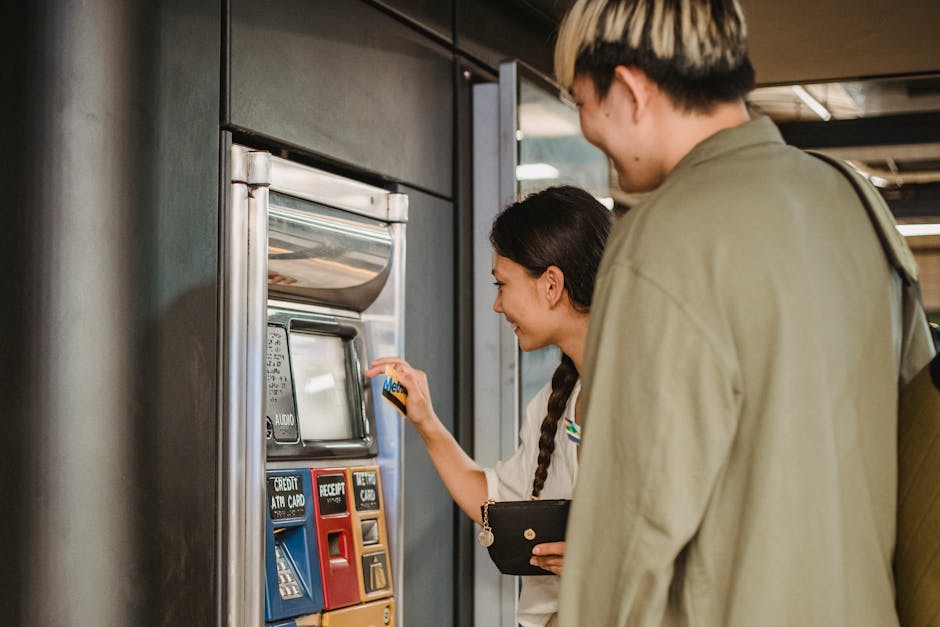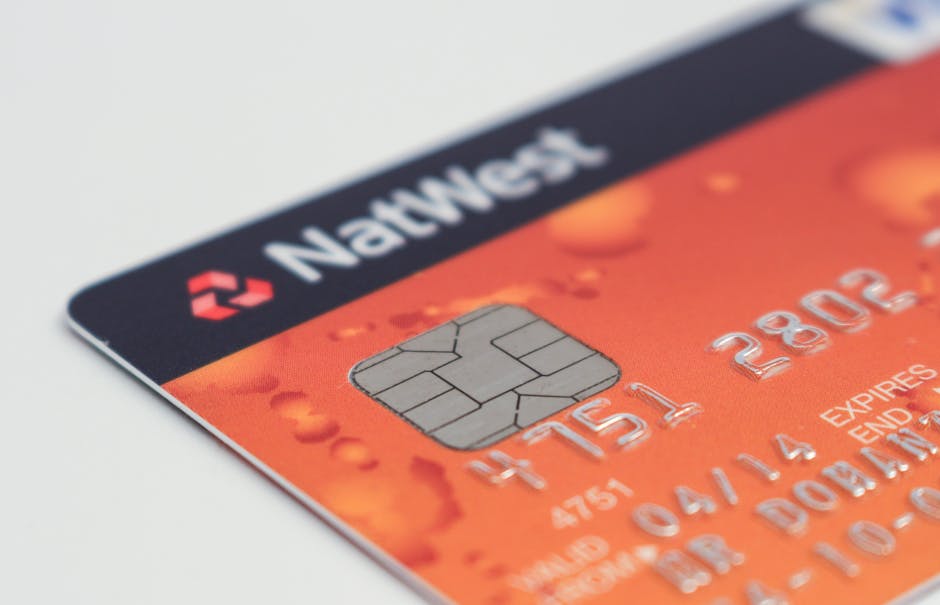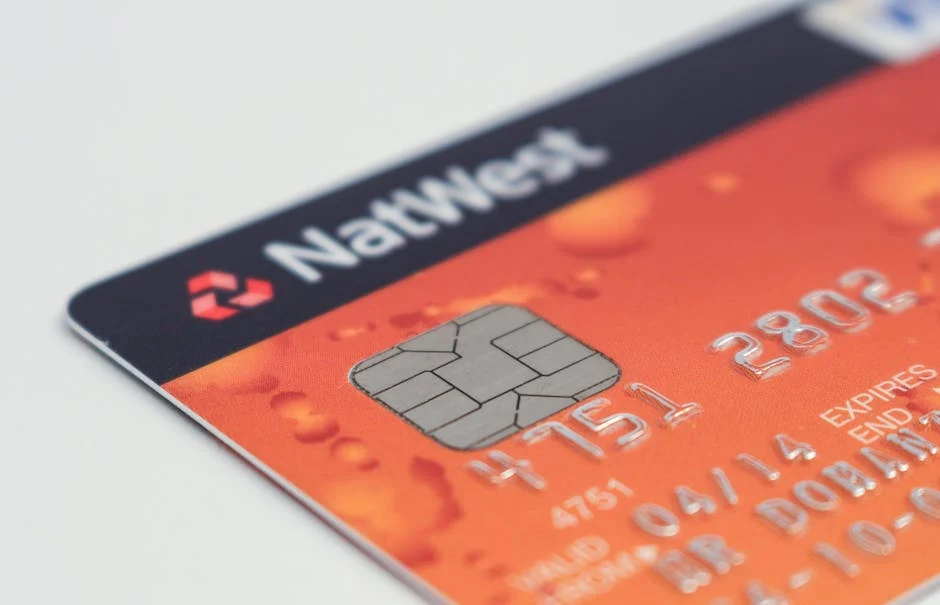Protecting Your Online Transactions: The Importance of Secure Payment Platforms
In an increasingly digitised world, the security of online transactions has become a paramount concern. With the rising threat of cybercrime, it is imperative to understand the risks associated with unsecured payment platforms and the importance of utilising secure payment platforms.
This article delves into the benefits of using secure payment platforms, highlights key features to look for, and provides practical tips for safeguarding your financial information online.
Join us as we explore the future of secure payment platforms and empower you to take control of your online transactions.
Key Takeaways
- Cybercrime is a prevalent issue, and strong cybersecurity measures, such as strong passwords and caution with suspicious emails, are essential.
- Unsecured payment platforms expose users to risks such as online fraud and unauthorised access to sensitive information.
- Secure payment platforms protect financial transactions and sensitive information through encryption technology and multi-factor authentication.
- Features to look for in a secure payment platform include robust encryption techniques, fraud detection algorithms, multi-factor authentication, and tokenization.
The Growing Threat of Cybercrime

Cybercrime is increasingly becoming a prevalent and worrisome issue, with online fraud and data breaches occurring frequently. As technology continues to advance, so do the tactics used by cybercriminals to exploit vulnerabilities and gain unauthorised access to personal and sensitive information. This growing threat calls for robust cybersecurity measures to protect personal data and ensure the security of online transactions.
In today’s digital age, individuals and businesses alike rely heavily on online platforms for various transactions, such as online shopping, banking, and bill payments. However, the convenience and efficiency of these transactions also make them vulnerable to cyber threats. Hackers and fraudsters employ various techniques, such as phishing, malware, and identity theft, to gain access to sensitive information, ultimately leading to financial loss and personal harm.
To combat this growing threat, individuals and organisations must prioritise cybersecurity measures. Implementing strong passwords, regularly updating software and applications, and being cautious of suspicious emails or links are essential steps in protecting personal data. Additionally, utilising secure payment platforms that employ encryption and multi-factor authentication can significantly enhance the security of online transactions.
Understanding the Risks of Unsecured Payment Platforms

When using unsecured payment platforms, individuals and businesses expose themselves to significant risks, including the potential for financial loss and unauthorised access to sensitive information. It is crucial to understand these risks in order to make informed decisions when conducting online transactions.
Here are four key risks associated with unsecured payment platforms:
-
Increased risk of online fraud: Unsecured payment platforms lack the necessary security measures to protect against fraudulent activities. This leaves users vulnerable to phishing attacks, identity theft, and credit card fraud. Cybercriminals can easily intercept payment data and use it for illicit purposes, causing substantial financial harm to victims.
-
Unauthorised access to sensitive information: Without proper encryption protocols, unsecured payment platforms make it easier for hackers to gain unauthorised access to sensitive customer data, such as credit card numbers, passwords, and personal information. This information can then be exploited for various malicious activities, including identity theft and financial fraud.
-
Lack of transaction security: Unsecured payment platforms do not provide the necessary safeguards to ensure the secure transmission of payment data. This increases the risk of interception and manipulation of data during transmission, leading to compromised transactions and potential financial loss.
-
Legal and regulatory compliance issues: Utilising unsecured payment platforms can expose businesses to legal and regulatory consequences. Non-compliance with industry standards and regulations can result in fines, lawsuits, and reputational damage.
To mitigate these risks, it is crucial to prioritise the use of secure payment platforms that incorporate robust encryption protocols and adhere to industry best practises. By doing so, individuals and businesses can safeguard their financial transactions and protect sensitive information from falling into the wrong hands.
Benefits of Using Secure Payment Platforms

Using secure payment platforms offers numerous benefits to individuals and businesses, ensuring the protection of financial transactions and safeguarding sensitive information. In comparison to traditional payment methods, secure payment platforms provide enhanced security measures that significantly reduce the risk of fraud and unauthorised access. This is particularly crucial in the realm of e-commerce, where transactions are conducted online and sensitive information, such as credit card details, is shared electronically.
One of the key advantages of secure payment platforms in e-commerce is the use of encryption technology. This technology encrypts the data transmitted during a transaction, making it virtually impossible for hackers to decipher and exploit. Additionally, secure payment platforms often employ multi-factor authentication, requiring users to provide multiple forms of identification before completing a transaction. This further strengthens the security of the payment process and ensures that only authorised individuals can access and use the payment platform.
Another benefit of secure payment platforms is the ability to securely store payment information. By securely storing payment details, users can conveniently make repeat purchases without having to re-enter their information each time. This not only saves time but also reduces the risk of sensitive information being intercepted during the payment process.
Furthermore, secure payment platforms often provide additional features, such as fraud detection and prevention tools. These tools help identify and flag suspicious transactions, protecting both individuals and businesses from potential financial losses.
Features to Look for in a Secure Payment Platform

One important aspect to consider when choosing a secure payment platform is the range of features it offers to ensure the protection of your online transactions. To help you make an informed decision, here are four key features you should look for:
-
Key encryption methods: A secure payment platform should employ robust encryption techniques to safeguard your sensitive information. Look for platforms that use industry-standard encryption algorithms, such as Advanced Encryption Standard (AES), to protect your data from unauthorised access.
-
Fraud detection algorithms: An effective secure payment platform should have sophisticated fraud detection algorithms in place. These algorithms analyse transaction patterns and identify any suspicious activities or potential fraudulent transactions. By detecting and preventing fraudulent transactions in real-time, these algorithms help protect your financial information and minimise the risk of unauthorised purchases.
-
Multi-factor authentication: Look for a payment platform that supports multi-factor authentication. This additional layer of security requires users to provide multiple pieces of evidence to verify their identity, such as a password, a fingerprint, or a one-time code sent to their mobile device. Multi-factor authentication adds an extra barrier against unauthorised access to your payment accounts.
-
Tokenization: Tokenization is a method of substituting sensitive data, such as credit card numbers, with unique tokens. A secure payment platform that supports tokenization ensures that your payment information remains secure even if the system is compromised. Tokens are useless without the corresponding decryption keys, making them an effective way to protect your financial data.
When evaluating secure payment platforms, consider these features to ensure the safety and security of your online transactions.
Tips for Safeguarding Your Financial Information Online

To ensure the safety and security of your financial information online, it is essential to implement effective strategies for safeguarding your sensitive data. Online transaction security is of utmost importance in today’s digital age, where cyber threats are becoming increasingly sophisticated. By following best practises for protecting financial information online, you can minimise the risk of falling victim to fraud and identity theft.
Here are some tips to help you safeguard your financial information:
| Tips for Safeguarding Your Financial Information Online |
|---|
| Use strong, unique passwords for all your online accounts |
| Enable two-factor authentication whenever possible |
| Regularly update your devices and software to protect against vulnerabilities |
| Be cautious when sharing personal information online, especially on social media platforms |
| Only use secure and reputable payment platforms for online transactions |
| Monitor your financial accounts regularly for any unauthorised activity |
| Educate yourself about common online scams and phishing attempts |
| Keep your devices protected with up-to-date antivirus and anti-malware software |
The Future of Secure Payment Platforms

In the ever-evolving landscape of online transactions, secure payment platforms are poised to revolutionise the way we conduct financial transactions. As technology advances, these platforms continue to evolve and adapt to meet the growing demands of consumers.
Here are four key aspects that will shape the future of secure payment platforms:
-
Innovations in secure payment platforms: With the rise of mobile payments and the Internet of Things (IoT), secure payment platforms are constantly innovating to provide seamless and convenient payment experiences. Biometric authentication, such as fingerprint or facial recognition, is becoming more prevalent, adding an extra layer of security to transactions.
-
Privacy concerns in secure payment platforms: As the amount of personal data shared during online transactions increases, privacy concerns become more significant. Secure payment platforms need to prioritise data protection and encryption to ensure that sensitive information remains confidential.
-
Enhanced fraud prevention measures: To combat the ever-evolving methods employed by fraudsters, secure payment platforms are investing in advanced fraud prevention technologies. Machine learning algorithms and artificial intelligence are being utilised to identify and analyse patterns, enabling the platforms to detect and prevent fraudulent transactions in real-time.
-
Integration with emerging technologies: Secure payment platforms are exploring partnerships with emerging technologies such as blockchain and cryptocurrency. These technologies have the potential to provide even greater security and transparency in online transactions, offering users more control over their financial information.
As the demand for online transactions continues to grow, secure payment platforms must constantly adapt and innovate to ensure that financial transactions remain safe and secure. By staying ahead of emerging technologies and addressing privacy concerns, these platforms can shape the future of online financial transactions.
Conclusion
In conclusion, the importance of using secure payment platforms cannot be overstated in today’s digital age. With the growing threat of cybercrime, it is crucial to understand the risks associated with unsecured payment platforms. By utilising secure payment platforms, individuals can benefit from enhanced security measures and protect their financial information online.
When choosing a secure payment platform, it is important to look for features such as encryption and two-factor authentication. These features add an extra layer of protection and make it more difficult for hackers to gain unauthorised access to sensitive information.
By following these tips and embracing secure payment platforms, individuals can safeguard their online transactions effectively. It is essential to stay proactive and informed about the latest security measures to ensure a safe and secure online payment experience.
Contact us to discuss our services now!

